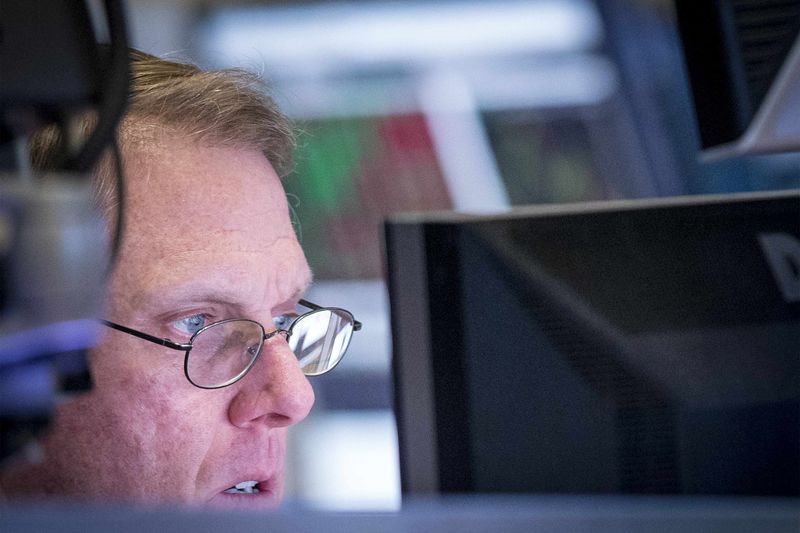Benzinga - by Benzinga Neuro, Benzinga Staff Writer.
The Russell 2000, an index constituting the smaller two-thirds of the 3000-strong U.S. stock market, might be signaling concern for the economy. The index, which is still in a bear market since late 2021, lags the large-cap Russell 1000 index by 13 percentage points this year.
According to a recent report by the Wall Street Journal, the current ratio of the Russell 2000 to the Russell 1000 is at a stress level of 74%, suggesting a potential turning point for small-caps. The dominance of tech titans like Microsoft (NASDAQ:MSFT), Amazon (NASDAQ:AMZN), Apple (NASDAQ:AAPL), Nvidia (NASDAQ:NVDA), Meta Platforms (NASDAQ:FB), and Alphabet (NASDAQ:GOOGL) could be contributing to the rest of the stock market’s perceived weakness.
The Russell 2000 index, made up of small-cap stocks, is seen as more sensitive to emerging economic strains. Despite accounting for less than one-tenth of the total market value, the performance of these stocks can be indicative of impending recessions. However, they have also proven to be worthwhile investments post-recession. Small-cap stocks have outperformed large-caps in the 12 months following each of the last 11 recessions.
However, small firms face challenges as interest rates rise. Firms in the Russell 2000 index have a shorter average maturity on their borrowings compared to large companies. A higher proportion of their debt is also dependent on banks rather than the bond market. A possible solution for investors could be diversifying their investments through an index fund or targeting small-cap value for added safety and potential returns during recovery. Despite lagging this year, small-cap value stocks have consistently performed impressively in the long run.
Read Next: Walgreens Reportedly Confronts Impending Staff Walkout — Is Your Local Pharmacy Shutting Down Next Week?
Image: Shutterstock/ Vintage Tone
Engineered by
Benzinga Neuro, Edited by
Pooja Rajkumari
The GPT-4-based Benzinga Neuro content generation system exploits the
extensive Benzinga Ecosystem, including native data, APIs, and more to
create comprehensive and timely stories for you.
Learn more.
© 2023 Benzinga.com. Benzinga does not provide investment advice. All rights reserved.
